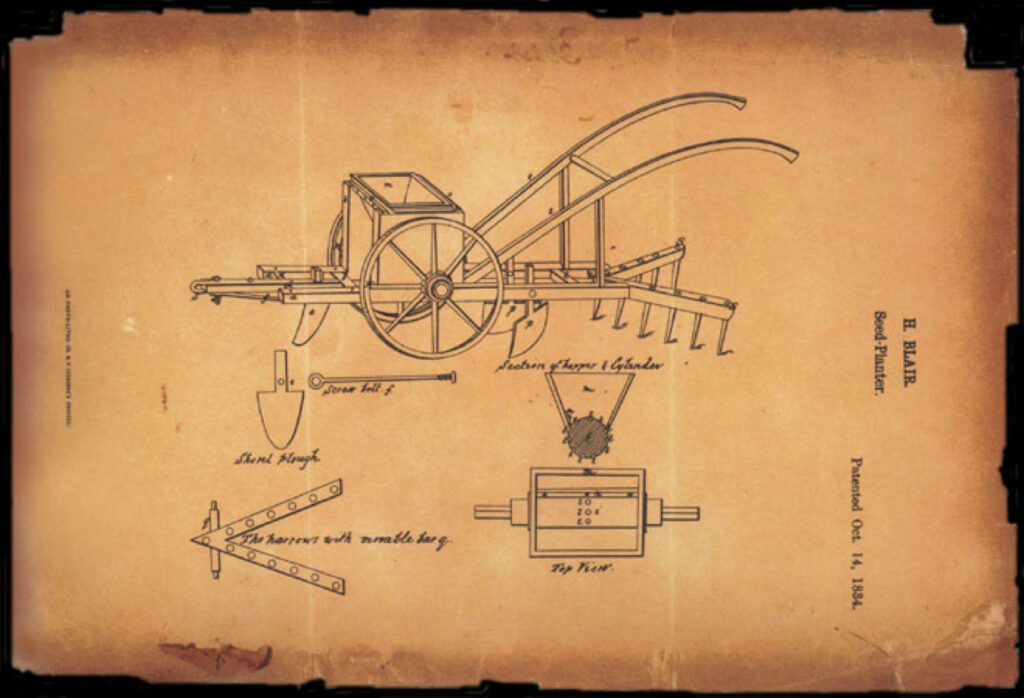A patent is conferred upon an inventor by the federal government for a invention that is unique and exhibits ingenuity over earlier inventions. A type of intellectual property, a patent hands its creator the exclusive rights over the use, distribution, and application of the invention for a limited period of twenty years. A patent also prevents other entities and individuals from using the invention for their personal gain or profitability. The only question is: when can you patent your invention? Does your invention qualify as a patent? Let us dive deeper to find out.
Is Your Invention New?
If your invention has not been produced or seen before in its existing state anywhere in the world, there is a legitimate reason to patent the invention. If your invention is different from from other inventions, it is considered ‘new’. A manufacturing process, software, appliance or apparatus the likes of which haven’t been seen before all potentially qualify for patent protection. You should also consider whether the unique elements of your invention would be considered obvious changes to existing inventions, as this may affect your success in obtaining an issued patent.
Does Your Invention have an Industrial Application?
The primary reason you would want to patent your invention in the first place is to establish a monopoly over the invention and reap monetary rewards from your monopoly. The guidelines are abundantly clear – your invention must be useful enough for industrial use. Improvements to existing products and processes can potentially be patented. A patent attorney or agent in Edmonton will be better able to guide you through the process of filing and prosecution of a patent application.
Is Your Invention Abstract in Nature?
If your creation is artistic in nature, it is unlikely to qualify as an invention, and will not be eligible for patenting either. Artistic creations include literary works, musical performances, paintings, and motion pictures. These creations are for the public to consume in the abstract sense, and while these creations could be monetized by the way of mass distribution, these creations could not be put to industrial use and do not qualify as a tangible apparatus either. Registering a copyright for these works is a more suitable option for the protection and exclusive usage of these works.

Proceeding with patent registration on your own is often laced with difficulties and a lot can go wrong during the process. Industrial experts cite good reasons to hire a patent attorney or agent in Edmonton for patent registration. It is for these reasons that interested inventors look to hire patent attorneys or agents in Edmonton, such as those at Prowse Chowne. Intellectual property commercialization should be one consideration when moving ahead with your invention.

